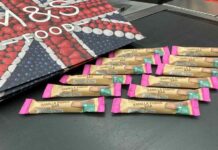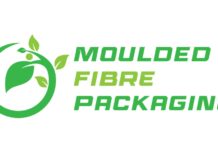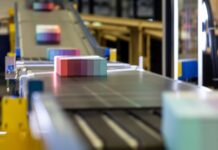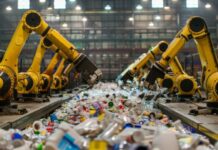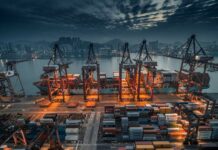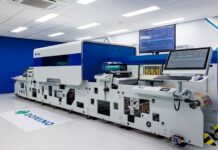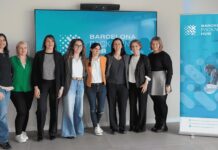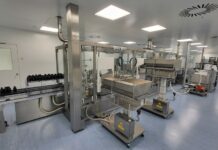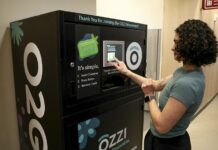The goal of this meeting place is to cut down plastic waste and improve existing packaging in terms of food safety, food shelf-life and sustainability, thus helping Europe meet its climate goals.
In Europe, nearly 40% of the plastic generated is used for packaging, and around 40% of this plastic is recycled. To minimize the effect of packaging on the carbon footprint of food products, the industry has introduced a range of procedures, including the removal of surplus packaging and the reduction of packaging weight.
Circul-a-bility, the new network which stands for “Rethinking packaging for circular and sustainable food supply chains of the future”, is headed by Milena Corredig, a professor from Aarhus University.
Plastic pollution and climate change have increased the pressure on companies and governments to cut down their CO2 emissions and look for alternatives to present single-use plastic packaging. Circul-a-bility COST Action has been established with the goal to tackle and resolve these issues.
Circul-a-bility revolves around food items, like dairy products, confectionery, fruits and vegetables, fish and meat.
This four-year European Union-funded program, which was launched in October 2020, includes a range of different disciplines, spanning from material, food, and design engineers in industry and academia, to policymakers and politicians.
Taking advantage of the European-wide presence of its members from 34 nations, spanning from Slovenia to Greece and Portugal, potential solutions and action plans will be taken for a future with sustainable food packaging.
Branching Outs
The First International Conference in sustainable food packaging has been scheduled for September 2021 to display this global attitude towards food packaging. The Circul-a-bility COST Action also organizes webinars in the field of material science, supply chains, packaging and sustainability.






